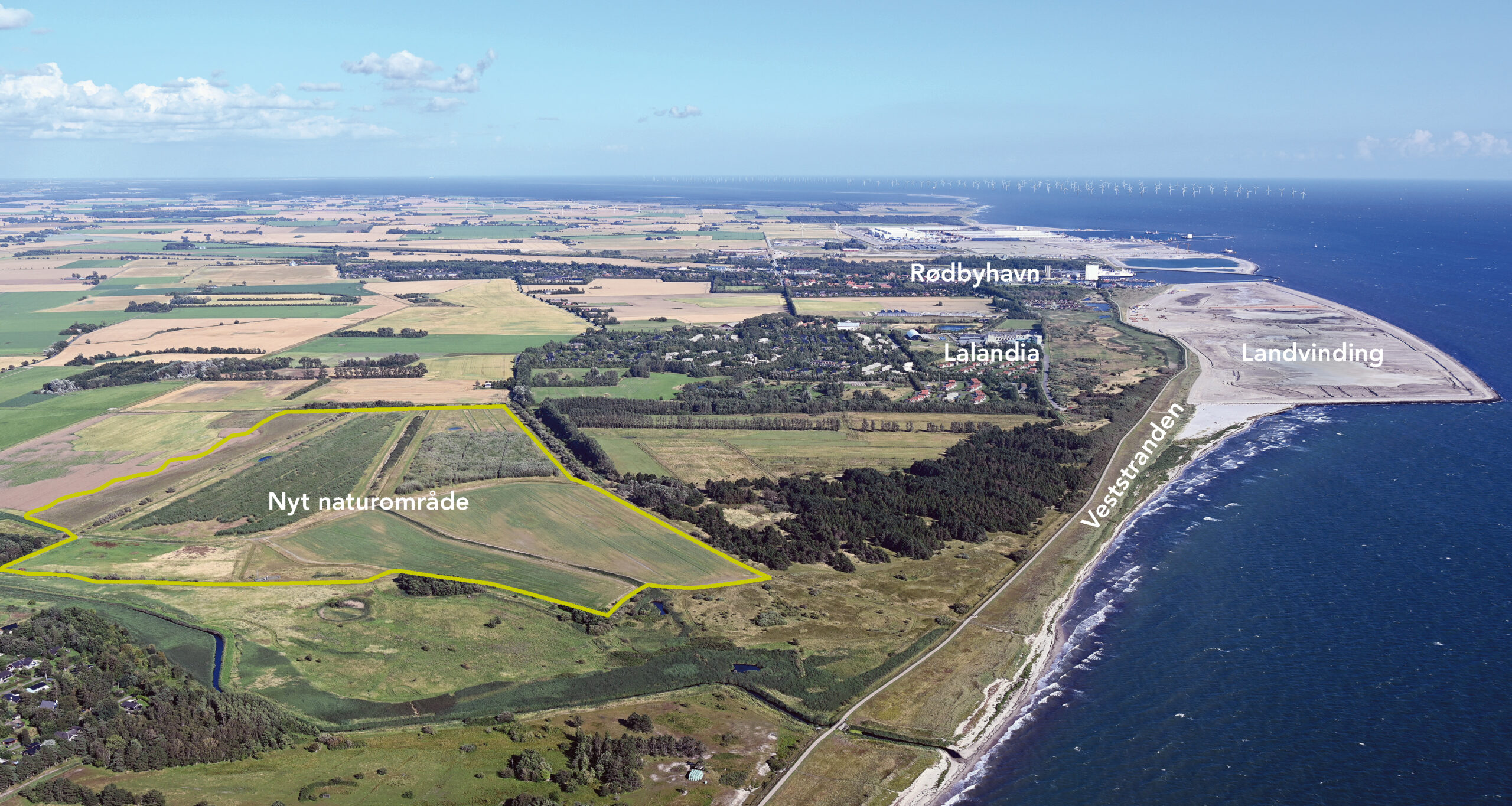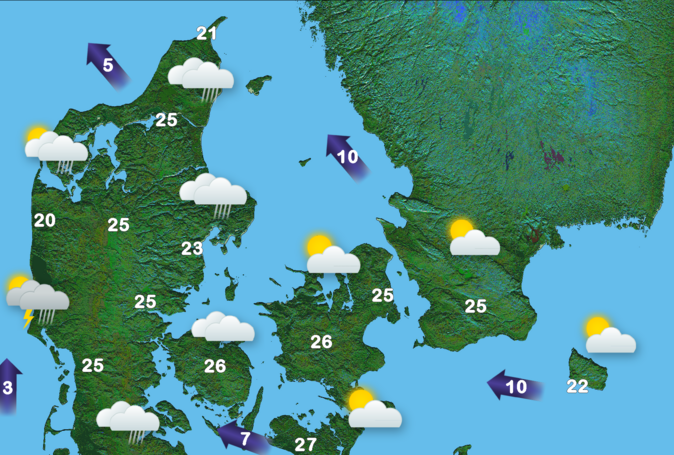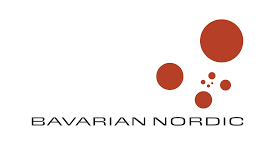It’s often accused of causing an environmental hazard, but a variant of fracking, the controversial shale gas extraction method, is being pioneered in Denmark as a way of cleaning up contaminated sites, the engineering magazine Ingeniøren reports.
A process called jet-injection is being trialed by the Capital Region at a site in Nivå, north of Copenhagen, to remove chlorinated solvents left at industrial sites.
Protects drinking water
The surface of the ground is cracked and a mixture of water, sand and iron powder is pumped under ground at high pressure where it dissolves the chlorine compounds.
The water and wastewater industry interest organisation Danva is very interested in the potential of the method with regards to protecting drinking water sources. “Old sites polluted with chlorinated solvents are currently the biggest threats to groundwater close to urban areas,” Claus Vangsgård, a water and environmental consultant at the organisation, told Ingeniøren.
Hoped to be more energy-efficient
It is estimated that around 30,000 sites in Denmark will need to be decontaminated at some point, although it is not known how many of these pose a risk to urban drinking water.
Peder Johansen, who is the project leader at the Nivå trial, explained that it is expected that the new process will be less energy-consuming than alternative decontamination methods. “If jet-injection proves to be as effective as we hope it will be used on 100 to 200 sites in the Capital Region alone,” he said.
“We will have to wait for the measurement results before we can determine how much energy we can really save.”














